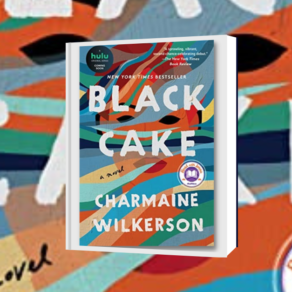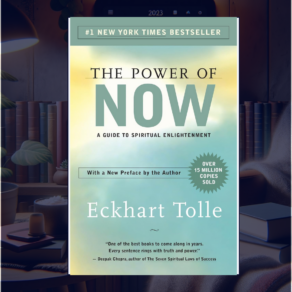Recently, I had the pleasure of diving into the whimsical and thought-provoking world of “Frindle” by Andrew Clements. This book came across as a breath of fresh air, reigniting my love for children’s literature and showcasing the power of innovation, language, and the captivating influence of youthful determination.
The book’s central character, Nick Allen, has an infectious energy that instills a fresh lease of life into his otherwise routine school life. Often labelled a troublemaker, Nick, for me, represented a fountain of unbounded creativity and audacious ideas.
[Related: Best Classic Children’s Books]
The term ‘frindle’ sprang from his fertile imagination as a new name for an everyday object we know as a pen. Nick’s ingenuity in conceptualizing and popularizing ‘frindle’ was nothing short of fascinating, reminding us of the limitless potential of creative thought.
Clements brilliantly captures the ripple effect that a single idea can create, tracing the journey of ‘frindle’ from its inception to becoming a household term. The concept piqued the curiosity of Nick’s friends, gradually stirred the school, and ultimately sparked a nationwide language revolution. The phenomenon was unstoppable, almost like a wildfire, accentuating the power and importance of language evolution.
The relationship dynamics between Nick and his stern yet well-intentioned language arts teacher, Mrs. Granger, adds a deeper layer to the narrative. It’s evident that she, too, appreciates the ingenuity behind ‘frindle,’ despite her initial resistance. This subtle push-pull relationship underscores the conflict between tradition and innovation that is inherent in any educational setting.
“Frindle” is much more than a children’s book. It’s a clever exploration of the malleability of language and the profound impact that one clever idea can have. It serves as an essential reminder to educators like myself about the importance of encouraging creativity and embracing change, even when it disrupts established norms.
The book left me feeling invigorated and validated in my belief that fostering creativity in education is invaluable. I wholeheartedly recommend “Frindle” not only to my fellow educators for its inspirational narrative but also to anyone who enjoys an uplifting tale of innovation, perseverance, and the power of a single idea.
Frindle Characters
“Frindle” by Andrew Clements is populated with vibrant characters that play key roles in the story’s development. Here are the main characters in the book:
- Nick Allen: The protagonist of the story, Nick is a creative and lively fifth-grade student who loves to liven things up at school. Known for his brilliant ideas, Nick coins the term “frindle” as a new name for a pen.
- Mrs. Granger: Nick’s language arts teacher at Lincoln Elementary School. She is stern, traditional, and highly respected. Mrs. Granger loves the dictionary and the rules of language, and initially resists Nick’s new word.
- Janet Fisk: One of Nick’s friends and classmates who becomes one of the first to use the word “frindle”.
- John and Mrs. Allen: Nick’s parents, who provide a supportive home environment for Nick’s creative ventures.
- Bud Lawrence: A local businessman who capitalizes on the “frindle” craze by selling frindle merchandise.
- Ted Bell: A reporter who helps publicize the “frindle” phenomenon.
- The Principal: The school head who is caught between appreciating Nick’s creativity and maintaining discipline at school.
- The 5th Grade Class: Nick’s classmates play a vital role as they are the first to adopt the word “frindle” and help it spread throughout the school and eventually across the nation.
Frindle Book Club Questions
“Frindle” is a great book for discussion in a book club, given its themes of creativity, the power of words, and the dynamics of authority. Here are some book club questions that can spur a thoughtful conversation:
- What characteristics make Nick Allen a unique and compelling protagonist? How does he demonstrate creativity and initiative throughout the story?
- Mrs. Granger is initially portrayed as an antagonist. How does her character evolve over the course of the book?
- Discuss the role of language in “Frindle”. How does the invention of a new word shape the plot and the characters?
- Why do you think the new word, “frindle,” caught on so quickly and spread far beyond the school?
- What does the book say about the dynamics between teachers and students? How does it explore the themes of authority, conformity, and rebellion?
- How does Nick’s relationship with his parents and friends influence his journey?
- How does the author, Andrew Clements, use humor in the story? How does it enhance the narrative and themes?
- What are your thoughts on the ending of the book? Were you satisfied with the way things turned out?
- How did the book make you think differently about words and language?
- What lessons can we learn from “Frindle” about creativity, individuality, and the power of ideas?
- If you were to invent a new word like “frindle”, what would it be and why?
- Would you recommend this book to others? Why or why not?
I hope you find this Frindle summary helpful!







